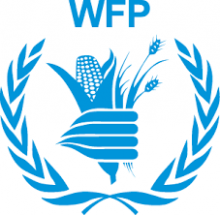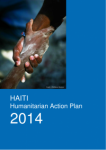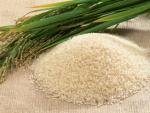The U.S will Support Sending Multinational Rapid Reaction Force to Haiti
With gangs operating in almost total impunity throughout Port-au-Prince, catastrophic levels of hunger in some areas, and a growing cholera epidemic, the United States has decided to back a multinational rapid reaction force to Haiti. This will not be a UN peacekeeping force and the USA is expected to play a major role in its operations. At the same time, the USA has deployed a USAID Disaster Assessment Response Team (DART) and is expected to ramp up its humanitarian support. The current situation is untenable and hopefully the multi-national force can help stabilise Haiti somewhat. The full article by MIchael Wilner and Jacqueline Charles in the Miami Herald follows.









